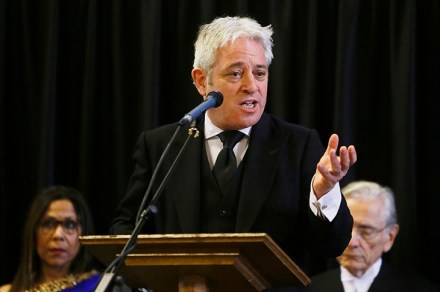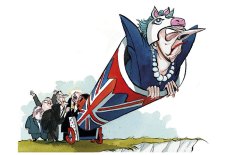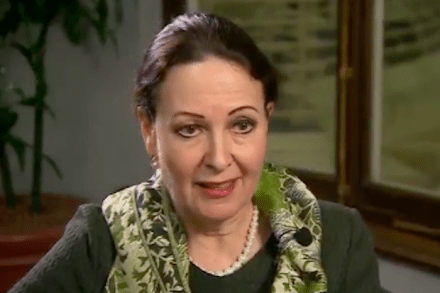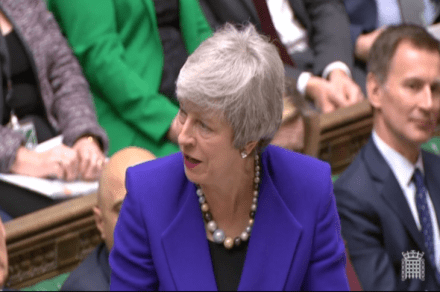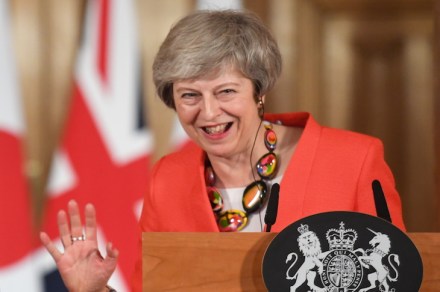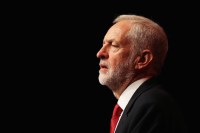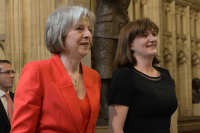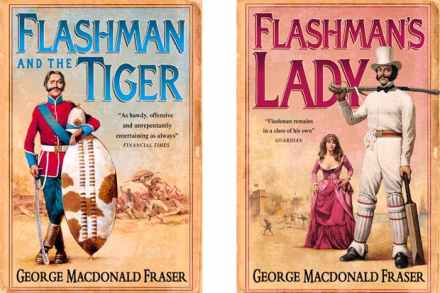High life | 31 January 2019
‘The British political class has offered to the world an astounding spectacle of mendacious, intellectually limited hustlers.’ This is a direct quote from a recent New York Times, a newspaper that is known for being anti-heterosexual white male, anti-Christian, and now anti-British ruling class. Mind you, normally when someone attacks the British I smile. And more often than not I mumble that no one hits the Brits harder than themselves. This time, however, let’s take a second look as to why the venom. Under the headline ‘The Malign Incompetence of the British Ruling Class’, some clown I’ve never heard of takes up half a broadsheet page denouncing Britain’s past in
